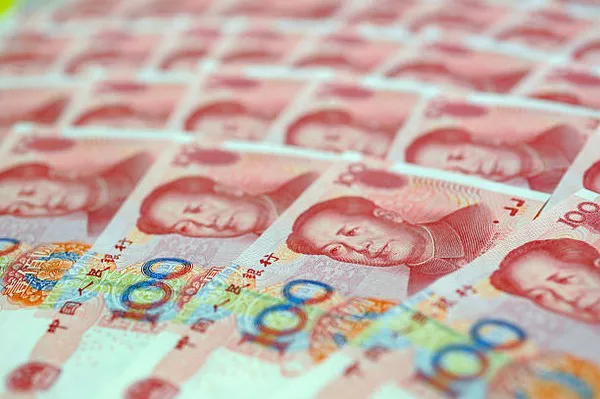In the volatile landscape of global finance, investors seek refuge in currencies deemed “safe.” But what exactly makes a currency safe? This article delves into the intricacies of currency stability, examining factors such as economic indicators, historical performance, reserve currencies, and expert opinions to determine what constitutes the safest currency.
Definition of ‘Safe Currency’
A safe currency is one that maintains its value over time and is resilient to economic and geopolitical shocks. Stability is a key characteristic, with low inflation, consistent purchasing power, and minimal volatility being essential attributes. Confidence in a currency’s stability encourages international trade and investment, bolstering its status as a safe haven.
Global Economic Indicators
Global economic indicators play a pivotal role in determining currency stability. Factors such as GDP growth, inflation rates, unemployment levels, and trade balances influence investor sentiment and currency valuation. Countries with robust economic fundamentals typically exhibit stronger currencies, as they inspire confidence in the stability of their monetary systems.
Historical Performance
Examining historical data provides valuable insights into currency performance during economic downturns. During times of crisis, investors often flock to currencies perceived as safe havens, such as the US dollar (USD), Swiss franc (CHF), and Japanese yen (JPY). These currencies have demonstrated resilience in past crises, preserving their value when other currencies falter.
Reserve Currencies
Reserve currencies play a crucial role in the global economy as they are held by central banks as part of their foreign exchange reserves. The US dollar holds the dominant position as the world’s primary reserve currency, followed by the euro, Japanese yen, and British pound. Reserve currencies are preferred for international transactions, trade settlements, and as stores of value, contributing to their stability.
Top Stable Currencies
Traditionally, several currencies are renowned for their stability and safety:
US Dollar (USD): The world’s primary reserve currency, backed by the strength of the US economy and political stability.
Swiss Franc (CHF): Renowned for its neutrality, the Swiss franc is considered a safe haven during times of uncertainty.
Japanese Yen (JPY): Despite Japan’s economic challenges, the yen maintains stability due to its status as a reserve currency and the country’s strong manufacturing sector.
Euro (EUR): The official currency of the Eurozone, the euro benefits from a large and diverse economy, although its stability can be affected by member countries’ economic performance.
Factors Affecting Currency Safety
Several factors influence currency safety:
Political Stability: Political turmoil can erode confidence in a currency, leading to depreciation.
Economic Policies: Sound fiscal and monetary policies are essential for maintaining currency stability.
Foreign Reserves: Adequate foreign reserves provide a buffer against currency fluctuations and instill confidence in investors.
Diversification
Diversifying currency holdings is crucial for mitigating risk in a portfolio. By spreading investments across different currencies, investors can minimize the impact of adverse currency movements and preserve capital.
Investment Strategies
Investors have several options for investing in foreign currencies:
Forex Trading: Trading currencies in the foreign exchange market allows investors to profit from fluctuations in exchange rates.
Currency ETFs: Exchange-traded funds (ETFs) tracking currency baskets provide exposure to multiple currencies, offering diversification and liquidity.
Expert Opinions
Financial experts emphasize the importance of diversification and prudent risk management in currency investing. They caution against overexposure to any single currency and advocate for a balanced approach to portfolio construction.
Future Outlook
The future outlook for currency stability hinges on various factors, including economic growth, geopolitical tensions, and central bank policies. While traditional safe haven currencies are likely to retain their appeal, emerging market currencies may gain prominence as their economies mature.
See Also What is the CNY Pegged to?
In conclusion, while no currency is entirely immune to volatility, certain currencies possess attributes that make them relatively safer investments. By understanding the factors that contribute to currency stability and adopting prudent investment strategies, investors can navigate the complex landscape of global finance with confidence.


